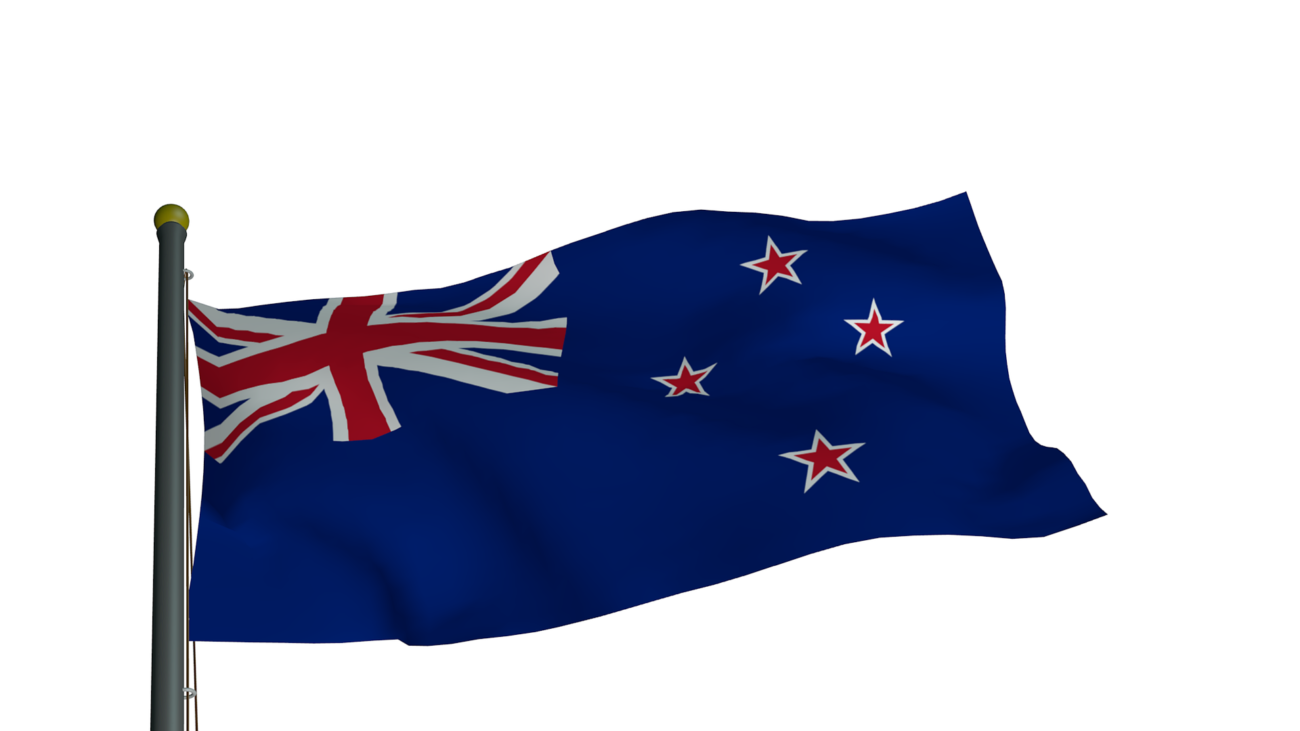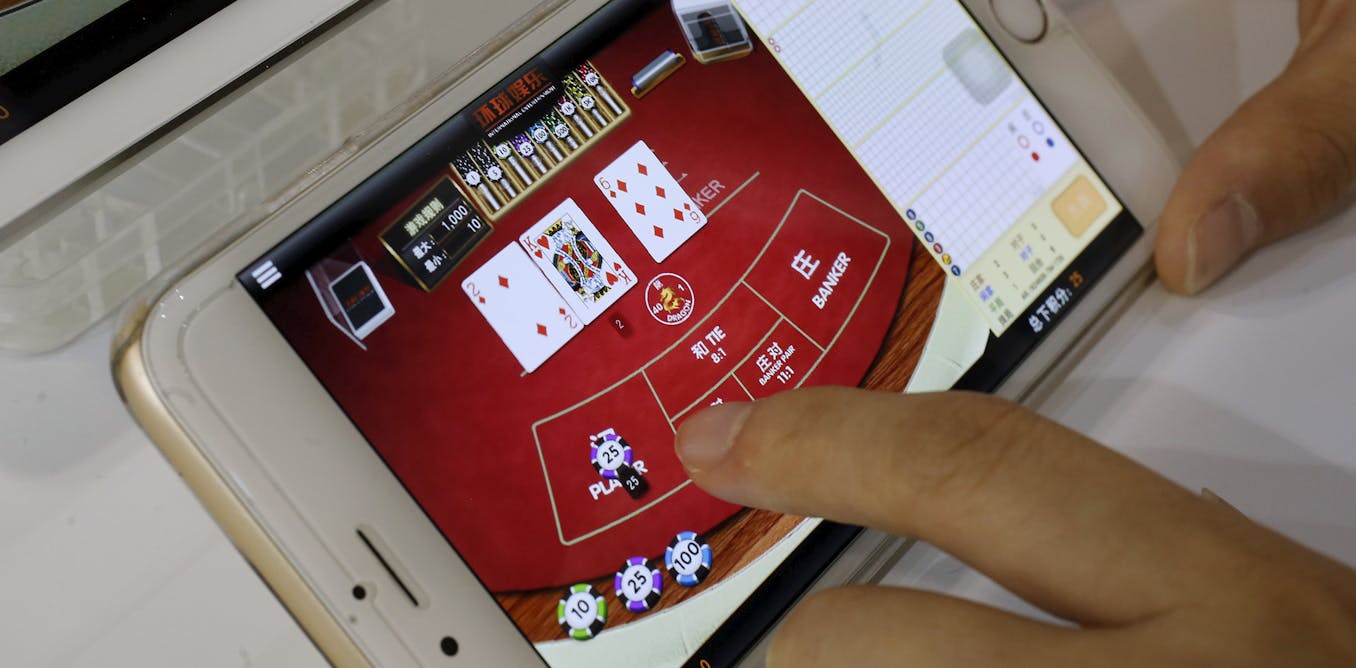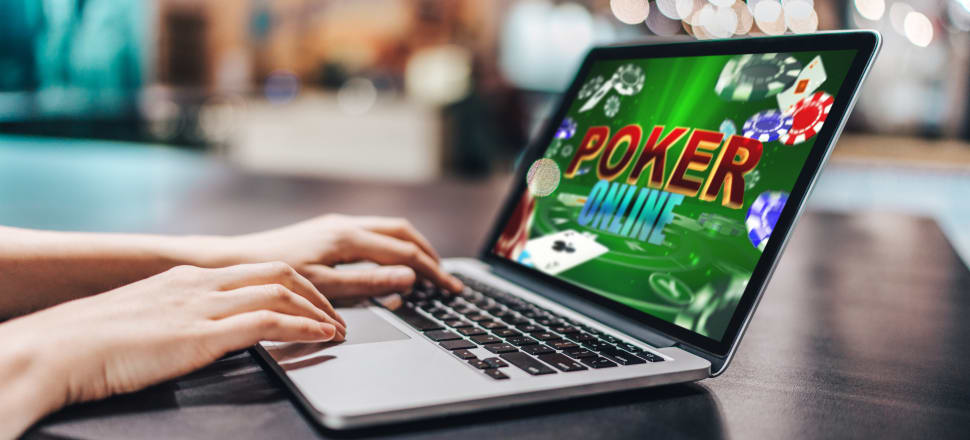Online Problem Gambling Nz
- Online Problem Gambling Nz No Deposit
- Online Problem Gambling Nz Slot Machines
- Online Problem Gambling Nz Real Money
- Online Problem Gambling Nz Australia
- Problem gambling in New Zealand We work closely with the gambling sector and problem gambling treatment providers to prevent and minimise harm. Information for casino operators Casino licensing, employee certificates of approval, game rules, and minimum operating and equipment standards for casinos.
- 'In New Zealand there's not a lot of treatment options available,' says Mr Driver, 'a lot of people have been contacting places like the problem gambling foundation or Salvation Army gambling.
Lotto NZ is investigating expanding its sales on its digital 'MyLotto' platform to include online Bingo, and that is causing serious concern for some.
Abbott said the estimated spend on online gambling in New Zealand was still relatively low, at between $15m and $50m. But unlike all other parts of the sector, it was believed to be growing rapidly. Dr Townshend said the overall outlook for pokie gambling in New Zealand was positive. The number of people using pokie machines and the amount they spent had been dropping since 2005.
The government-owned gambling company has gone to market for information about online Bingo systems for potential implementation with its existing online channels.
Lotto NZ launched MyLotto in 2008 and the platform was re-launched in 2017 after being replatformed to a responsive website and incorporating sales via an app.
Sales from digital channels since have risen to about 20 percent of total sales, with 800,000 registered players, of which 250,000 are active monthly and 600,000 active annually.
'Overall, we believe there is still significant growth opportunity for the digital channel, as the current interactive player base makes up a relatively small percentage of players that participate in our games throughout the year across all channels,' Lotto NZ said in a notice on the government tenders website.
'The risk profile of Bingo as an online format game is considered 'medium risk', which is in line with our existing instant-win games,' Lotto NZ said.
'It is worth noting that the rating takes into account the responsible gaming features that are used to minimise harm, and it is therefore possible to reduce the points, and subsequent risk rating of products, through the introduction of additional controls.'
However, Problem Gambling Foundation spokesperson Andree Froude said the organisation was very concerned about the possibility of online Bingo.
'Online instant play games have only just been introduced and now Lotto is considering this,' Froude said.
'These are both high risk forms of gambling because they are continuous so people don’t have to wait long for a result. They are significantly more harmful than purchasing a Lotto ticket where you have to wait for the outcome.'
'While Lotto may rate these games as ‘medium risk’, we don’t.'
In an online environment, people can access the game 24/7 and that can be easily hidden, she said. Setting spending limits would not protect the vulnerable.
'Who is going to benefit from this? Lotto – who are obviously doing this to make money. They use aggressive marketing tactics and have huge marketing budgets so people will be encouraged to try online bingo and ‘be in to win'.'
Pacific Island communities were particularly vulnerable because the game was associated with fundraising and was seen as a social activity, said the foundation's national director for Pacific services, Pesio Ah-Honi.
'Bingo and Housie are normalised forms of gambling in Pacific communities -- it is not seen as risky, just as a social activity,' Ah-Honi said. 'If it is taken out of this social context and put in an online environment, it poses a high risk for Pacific.

Pacific youth are particularly at risk according to a recent study.
'The Ministry of Health has just released its Strategy to Prevent and Minimise Gambling Harm and it included a strong focus on addressing health inequalities and inequities of gambling harm in a range of at-risk groups, including Pacific,' Ah-Honi said.
Lotto NZ said in its notice that minimising the potential for harm from the company's games 'continues to underpin everything we do at Lotto NZ, and is a key driver of any decision to grow our portfolio and increase sales.'
'Our overall responsible gaming programme demonstrates international best practice, having been certified to level four (the highest possible level) by the World Lottery Association (WLA),'it said.
'We continue to look for ways to enhance this programme across all areas of the business.'
Lotto NZ said it assesses the risk profile of each of its games using the external game evaluation tool GamGard, which works by examining the structural and situational characteristics of the game and identifies how risky a proposed game is likely to be for a vulnerable person.
'It provides guidance about responsible gaming design and enables us to consider the responsible gaming implications of each feature of our games.'
Read more:Lotto NZ launches instant ticket checker via mobile app
Lotto NZ's offline games received a low-risk rating while its online games were considered of medium risk.
Lotto NZ said it was seeking well-documented overviews of solutions for online Bingo platforms and technology, content and the gaming model.
'The content must be reputable, reliable and legal,' it said. 'In a broad sense, we are looking to understand what Bingo games and presentation options you have available in your solution.
'We’re interested in the way in which your games operate, the configurability you offer, ability to offer side games and chat functionality.'
Online Problem Gambling Nz No Deposit
Any platform deployed would have to pass a game risk assessment to understand its potential impact on vulnerable people.
More from rhipe
Join the newsletter!
Read next
PC supply remains strained as local sales surge
Network changes fix fast fibre roadblocks identified by Comcom
The Kiwi channel gathers for the 2020 Reseller News Women in ICT ...
Medically reviewed:06/22/2018
Last updated: 04/17/2020
Author: Addictions.com Medical Review
Reading Time: 7minutes
Online Problem Gambling Nz Slot Machines
What is Gambling Addiction?
Gambling addiction or gambling disorder is defined as persistent and recurring problematic gambling behavior that causes distress and impairs your overall livelihood. Gambling addiction affects roughly 0.2% to 0.3% of the general U.S. population, and tends to affects males more than females, though this gender gap has narrowed in recent years. Gambling disorder is a behavioral addiction that can be effectively treated using a range of cognitive and behavioral therapies.
Online Problem Gambling Nz Real Money
Table of Contents
Online Problem Gambling Nz Australia
The desire to buy scratch tickets, play slot machines, and visit casinos aren’t necessarily signs of gambling addiction. But when the desire to gamble becomes overwhelming to the point you can’t stop thinking about it until you gamble on something, may be a sign you need help. Those who suffer from gambling addiction will continue to gamble despite negative financial, legal, and social consequences.
Gambling disorder is a brain disease that can cause you to do things you wouldn’t normally do if you weren’t suffering from addiction. Behavioral addictions like gambling disorder are often difficult to manage and control without getting professional help. Addiction treatment centers can help you overcome gambling addiction and teach you important skills aimed at helping you repair problems in your life caused by your disorder.
What are the Signs and Symptoms of Gambling Addiction?

There are no physical health symptoms associated with gambling disorder. Familiarizing yourself with common gambling addiction behaviors can clue you into whether you or a loved one may need professional help.
Chasing after losses is the most common tell-tale sign of gambling disorder. This particular symptom is marked by the urgent need to continue gambling to earn back a loss or series of losses. Individuals diagnosed with gambling disorder may abandon their usual gambling strategies to win back all losses at once and may lie to family, friends, and therapists to hide the severity of their addiction.
The following behaviors are potential signs of gambling addiction:
- Needing to gamble using increasing amounts of money to achieve the desired rush and excitement.
- Feeling restless or irritable when trying to reduce or stop gambling.
- Inability to control, reduce, or quit gambling despite numerous repeated attempts.
- Preoccupation with gambling, such as devising ways to get more gambling money and reliving past gambling experiences.
- Gambling when experiencing feelings of distress, helplessness, guilt, anxiety, and depression.
- Chasing after your losses to get even after losing money gambling.
- Lying to conceal the severity of gambling behaviors, and the addiction.
- Loss of personal relationships, job, and educational pursuits due to gambling.
- Replying on others to provide money to resolve financial situations caused by gambling, such as a threat of eviction from the home.
Those with a mild gambling addiction may exhibit between four and five of these behaviors, while those with a moderately severe gambling addiction may exhibit six to seven of these behaviors. People who suffer from severe gambling addiction will usually exhibit all nine behaviors. Moderate to severe cases of gambling disorder tend to be more common than mild cases.
You might have a gambling problem if:
- You feel compelled to keep gambling until you’ve spent your last dollar. You may keep bidding until you’ve spent everything to win your money back, or you continue increasing bet amounts.
- You hide your gambling from friends or family members. You may sneak off to gamble without telling anyone, or lie about your gambling activities.
- You spend money you don’t have on gambling. You may use money intended for important bills like rent, mortgage, car payments, credit card bills, and other expenses for gambling.
- You steal from others or sell your possessions so you can gamble. You may steal money or belongings from others so you can gamble, or sell or pawn valuable possessions like musical instruments and vehicles to obtain more gambling money.
- You prioritize gambling over obligations related to work, school, family. You may stop going to work or school so you can gamble, or stop buying household necessities so you can use the money for gambling instead.
- You’re experiencing financial hardships due to gambling. You may have lost your home, car, job, and important personal possessions due to gambling.
- You’re facing a range of negative emotions triggered by gambling. Gambling may be a serious problem in your life if it’s triggering depression, anxiety, frustration, agitation, and remorse.
- You want to stop gambling but can’t. You have tried to stop gambling but can’t seem to stop despite your desire to do better and to stop gambling.
Negative Effects of Gambling Addiction
Gambling addiction can produce many more negative effects than just financial hardship. Gambling disorder can affect your physical health, mental health, and social functioning, and lead to the loss of important relationships with friends and loved ones. You may also suffer a decline in work or school performance, and feel more restless and bored with all other areas of life that don’t involve gambling.
/cloudfront-ap-southeast-2.images.arcpublishing.com/nzme/6XA36A65SVCS3MFEXM3IFODJTI.jpg)
Those who suffer from gambling addiction tend to suffer from higher rates of poor general health than those who don’t gamble. Tachycardia and angina are common health problems among those diagnosed with gambling addiction. Many who suffer from gambling disorder also tend to experience distortions in thinking surrounding their addiction, such as superstitions, overconfidence, and a sense of power over the outcome of chance events. Nearly 50% of those receiving treatment for gambling disorder experience suicidal ideation, while an estimated 17% have tried to commit suicide.
The negative effects of problem gambling include:
- Financial problems including high debt, poverty, or bankruptcy
- Domestic violence and child abuse in families
- Suicidal thoughts, attempts, or the act of suicide
- Legal troubles, including arrests for theft or prostitution
- Behavior problems in children of problem gamblers
- Depression, anxiety, and other mental health disorders
- Loss of relationships with friends and family
- A decline in performance at work or school
- Suicide and death
- A risk for drug or alcohol abuse
How Does Gambling Addiction Interact with Addiction?

Alcohol and cocaine are the two most common substances associated with gambling and binge gambling, respectively. Alcohol is legally available in most gambling settings such as bars and casinos and is often rewarded to gamblers for free at many of these establishments. Roughly 44% of people with gambling disorder in the U.S. also suffer from an alcohol use disorder.
Binge gambling is defined as intermittent episodes of uncontrolled gambling after long periods of abstinence. For instance, a person who practices binge gambling may only visit the casino five times per year but gamble non-stop for long periods during their stay. Cocaine use tends to be common among these gamblers since it produces stimulating effects of increased energy, alertness, focus, concentration, and confidence.
Individuals with gambling disorders tend to suffer higher rates of co-occurring alcohol and drug use disorders compared to their peers. Gambling often takes place in environments that enable and encourage alcohol and drug use. Gambling can also trigger mental health conditions like anxiety and depression, which many may self-treat using alcohol and drugs like marijuana, painkillers, and other addictive substances.
How Are Gambling Addiction and Substance Use Treated?
Gambling addiction is commonly treated using cognitive and behavioral therapies that treat the root psychological causes of your addiction. These therapies also help you identify and change negative, unhealthy thoughts and behaviors that may have led to your gambling addiction. Treatments for gambling addiction can be tailored especially for you or your loved one based on the factors surrounding your disorder.
Gambling addiction can also be treated using community reinforcement, group therapy, and 12-step support groups like Gamblers Anonymous. These treatments help you identify your triggers that can lead to gambling and teach you ways to overcome and manage those triggers. For instance, if a stressful day at work usually makes you feel like gambling, you may learn yoga, deep breathing, or other healthy methods that relieve stress without putting your health and well-being at risk.
Gambling Addiction Help
If you or someone you love needs treatment for gambling addiction, it’s important that you use a treatment approach that best suits your recovery needs. Gambling addiction treatment is available in many different settings, including inpatient and outpatient treatment settings.
Inpatient gambling addiction treatment can greatly benefit those who suffer from severe gambling disorder, and who have suffered severe financial, legal, or social problems. Inpatient treatment includes around-the-clock supervision in a hospital-like setting where you can live for the duration of your treatment program. The intense level of therapy, counseling, and supervision provided by inpatient treatment centers can help significantly reduce the risk of relapse while in recovery.
Compulsive gamblers often need support from friends, family members, and peers to help them stop gambling. Gamblers Anonymous groups can provide peer and social support for those in recovery or for those who wish they can stop gambling. These groups can provide a solid, healthy foundation for a successful and long-term recovery from gambling addiction.
Here’s how to help a family member or loved one suffering from a gambling addiction:
- Understand the addiction. The first thing you can do to help a loved one who is addicted to gambling is to learn all you can about the addiction. Find a support group that can help you cope with the stress that comes from having a loved one who is addicted to gambling.
- Find support. Support for yourself and for your loved one who is addicted can be very beneficial in helping with a gambling addiction. Many support groups are available throughout communities and in treatment centers. Therapists and counselors can also provide support for gambling addiction.
- Manage money tightly. If your loved one is addicted to gambling and is actively pursuing help, take over managing all financial responsibilities for your loved one. This can help reduce any gambling impulses your loved one may be experiencing throughout their recovery.